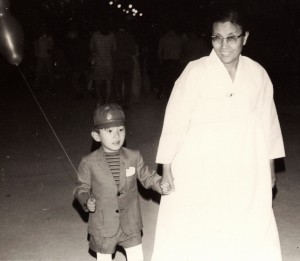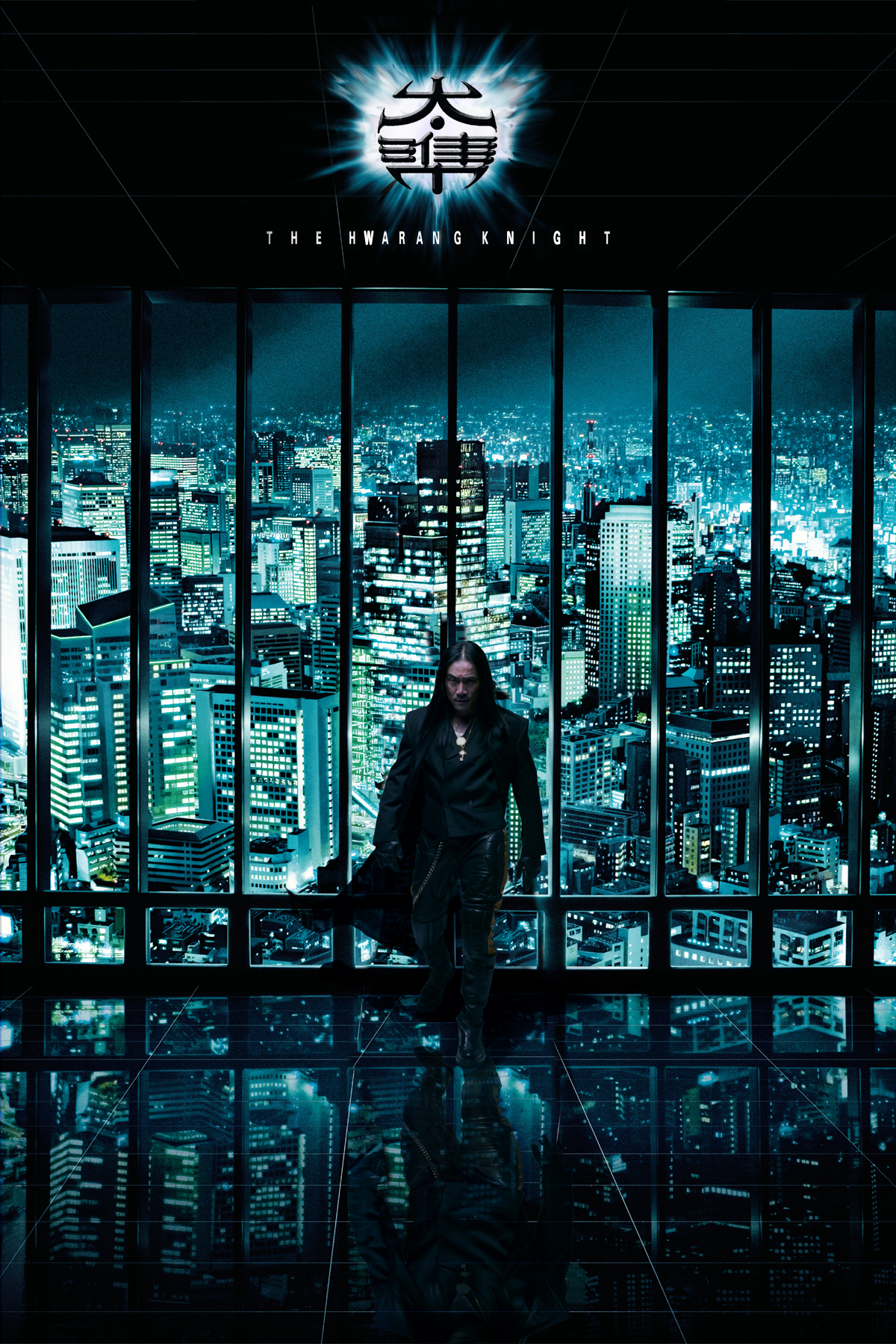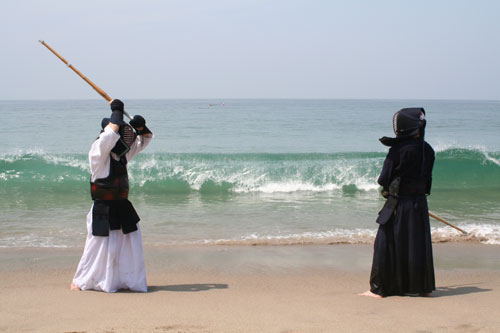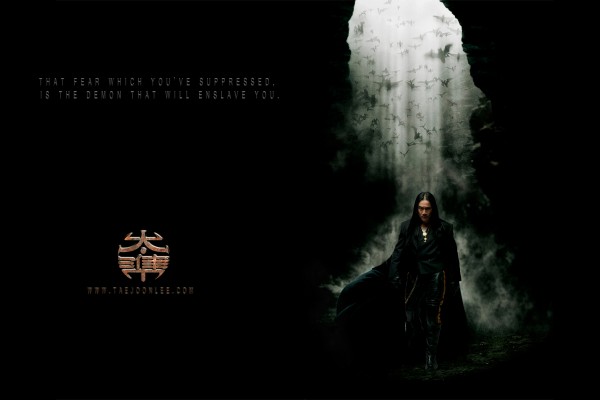Hello Everyone;
First, Happy New Year of the Sheep! Suppose to be the year of luck & fortune. I wish you all the very best in the new Year.
I have been absent for a while and thought I would restart my blogging by sharing with you my eulogy for my grandmother at her funeral in 2001. She is the mother of the Founder of Hwa Rang Do®, Dr. Joo Bang Lee. I think this is very appropriate to my current state-of-mind, my state-of-being.
“With the passing of our grandmother, I have no more grandparents. I feel extremely sad and a great emptiness overwhelms me like never before. Maybe I am a little older now and understand more deeply the value of what grandparents mean. I know that she is reunited with grandfather and I should not feel this way. However, I cannot help to think about all that she was and all that I should have done.
Har Ma Ni (Korean for grandmother), harmony in English means a pleasing combination of elements in a whole. Harmani was just that. She complimented everyone and everything. I have never met a more selfless, gentle, kind and generous person. It amazed me how she was able to communicate with Americans who probably never heard Korean in their entire life, by speaking Korean to them and with a few gestures they all understood her (now I understand that to be her energy, her intention; words are meaningless). Sometimes I thought she was psychic.
Whenever her grandchildren would visit her, she would give us something from the little that she had. When I was younger, it was sometimes annoying, but as I grew older I appreciated her generosity. To give, whether she was wealthy or poor, hungry or full, happy or sad.
Her greetings hello or goodbye was, “Did you eat?” and with that she would pull something out of her fridge and offer it to us. When I was younger, I use to fight with her and say that it was okay (as most people who know me, I have had a terrible appetite all my life; but it shouldn’t matter) and she would not take no for an answer, but now I will miss her carving the few apples she had left to feed her grandchildren. Even while she was in the hospital, helpless, fighting for her life, nearly comatose, when I came to visit her, she would mumble, “Did you eat?” I do not think that our generation can truly understand why she did that. We can never understand the struggles of her life when she was young fleeing for her and her family’s life from North to South Korea during the war; when food was scarce and every night she would go to bed hungry, and every morning would wake worrying how she would feed her seven children. I am sure she would have offered a piece of her own body to feed her children if she could. But today, we are all spoiled and we take the basic necessities of life for granted.
She was able to see the good in all of us no matter how bad we were. She was always happy to see us and she never complained about her condition and everyone else always came first.
I try to live my life without regrets, but I do regret, very much. In the recent years before she passed away, being her eldest grandson, her greetings to me was, “When are you going to get married?” And I promised her that she will see my wife before she goes to see grandfather, but because of my stubbornness and self-righteousness, I could not. We are all stubborn, self-righteous, and selfish, but she showed us that there is no room for any of that; not within the family and for her, the world. She was a true Christian. (Grandmother, have not married yet so you didn’t miss anything)
I regret not visiting her very much, but in my own mind, I had these great plans of making a lot of money and giving her all the things she ever wanted and more. I was once again self-righteous and full of myself. I should have done more for her. I am very sad today because it took her death to make me realize that I should cherish and love my family today and everyday by showing them how much I love them and not when I am ready to.
I thank my grandmother for raising and educating such outstanding children, my parents, with the traditional values of honor, respect for elders, and selfless devotion to one’s children and family and these noble traditions, I shall try to emulate for the rest of my life, not only to my family, but to all my friends and students.
Lastly, when my grandfather passed away, I felt my uncles, aunts, cousins all drift apart. It is my hope that Harmani’s passing will bring about greater harmony between all of her children, grandchildren, and great grandchildren. (Of course this not manifest. How can harmony exist without harmani)
On behalf of all her grandchildren, I pray that God will give good care for my grandmother and we thank all of you for being present today to wish her farewell.”
She is my reference of serenity, calmness and true courage.
I will not promise,
I will not plan,
I will not strive,
I will not try,
I will be…
I miss you grandmother…
Grandmaster Taejoon Lee




